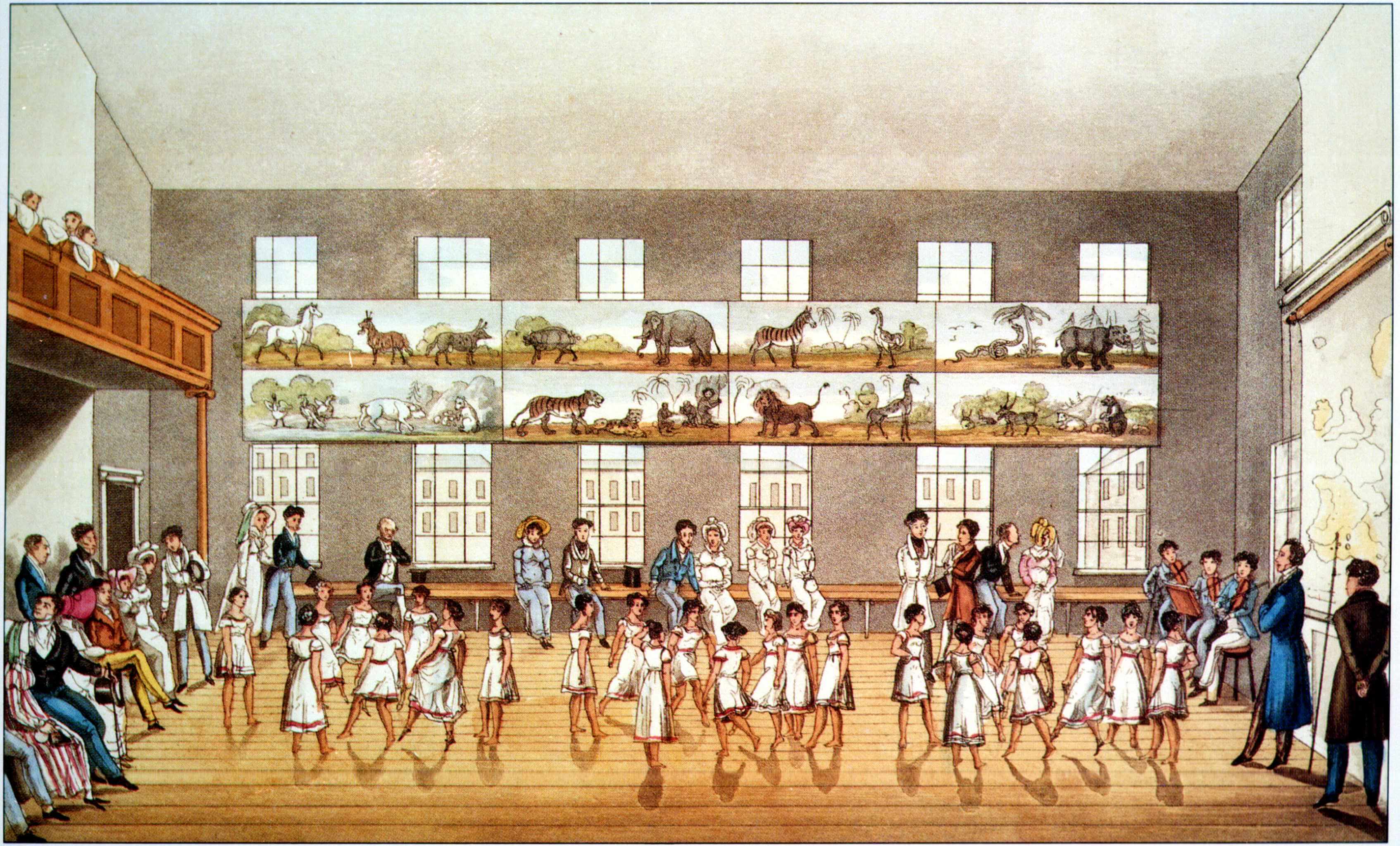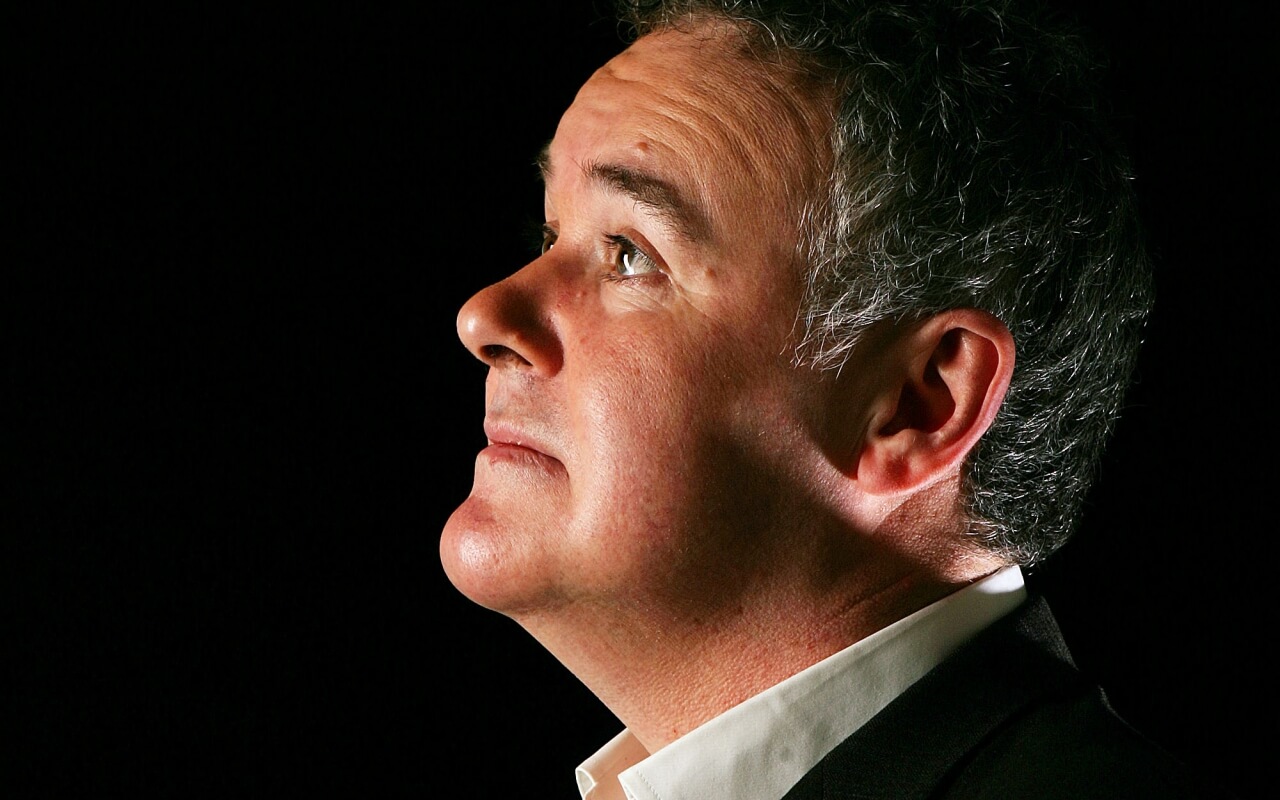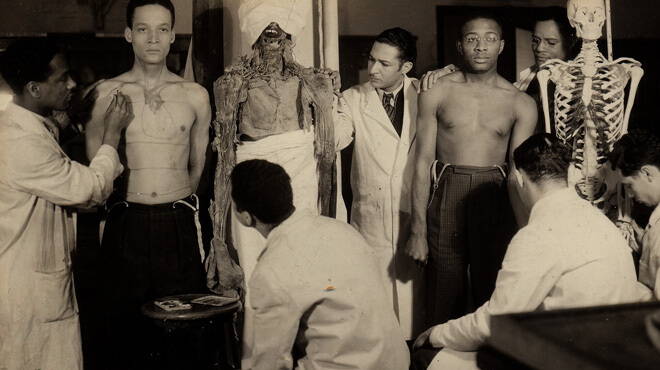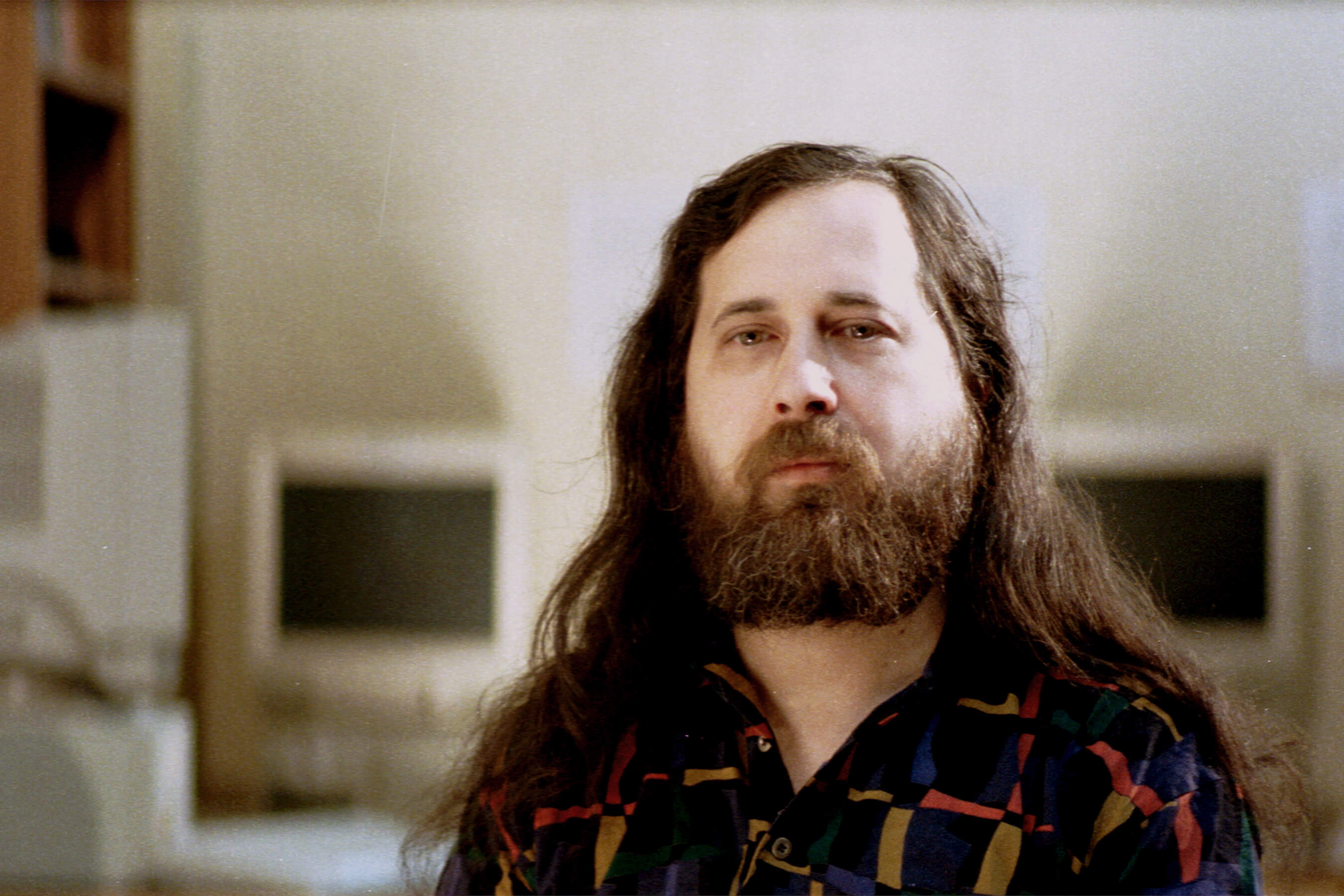description:
Much of the history of the past 200 years revolved around a single idea. It was the vision that life could be lived in peace and brotherhood if only property were shared by all and distributed equally, eliminating the source of greed, envy, poverty and strife. This idea was called “socialism” and it was man’s most ambitious attempt to supplant religion with a doctrine grounded on science rather than revelation.
It became the most popular political idea in history. Its provenance was European, but it spread to China and Africa, India and Latin America and even to that most tradition-bound of regions, the Middle East. While it never fully took root in America, its influence shaped the nation’s political debate. At its crest in the 1970s, roughly 60 percent of the earth’s population lived under governments that espoused socialism in one form or another. Then, suddenly, it all collapsed.
Because its goal proved so elusive, the socialist movement split and split again into diverse, sometimes murderously contradictory forms. There was Social Democracy, which insisted that only peaceful and democratic means could produce a harmonious commonwealth. There was Communism, which extolled the resolute use of force and dictatorship to propel mankind to a new way of life. There was Arab Socialism, African Socialism, and other Third World variants that sought to amalgamate western Social Democracy and eastern Communism. There was even fascism, which turned the socialist idea on its head by substituting the brotherhood of nation and race for the brotherhood of class. And there were those – from early American settlers, to the “flower children” of the 1960s, to Israeli Zionist kibbutzniks – who built their own socialist communities, hoping to transform the world by the force of example.
As an idea that changed the way people thought, socialism’s success was spectacular. As a critique of capitalism that helped spawn modern social safety nets and welfare states, its success was appreciable. As a model for the development of post-colonial states, the socialist model proved disappointing, fostering economic stagnation among millions of the world’s poorest people. And in its most violent forms, socialism was calamitous, claiming scores of millions of lives and helping to make the twentieth century the bloodiest ever.
Through profiles of the individuals that brought socialism to life, HEAVEN ON EARTH tells the story of how an idea arose, evolved, changed the world, and eventually fell.
episodes:
ROBERT OWEN & UTOPIAN SOCIALISM
In 1825 a progressive British industrialist travels to America to create a utopian community. Owen believes that abolishing private property will liberate mankind.
MARX AND ENGELS: BIRTH OF A MANIFESTO
Two young Germans forge a friendship that gives birth to the Communist Manifesto. Their analysis of history as a struggle between classes and their prophecy of the inevitable overthrow of capitalism define the movement.
EDUARD BERNSTEIN & A CRISIS OF FAITH
At the end of the 19th century, the intellectual heir of Marxism tries to reconcile the prediction of labor’s revolt with the reality of improved working conditions. The movement splits, Communism and Social Democracy part ways.
LENIN & THE BOLSHEVIK REVOLUTION
Vladimir Lenin responds to Bernstein’s critique by igniting a violent revolution and creating the Union of Soviet Socialist Republics.
SAMUEL GOMPERS & AMERICAN LABOR
While Europe faces revolution, American workers are organized by a former cigar-maker. Gompers rejects socialism and helps give birth to the American Federation of Labor.
CANADIAN SOCIALISM
American farmers’ organizations head north, leading to the creation of the Cooperative Commonwealth Federation, the C.C.F.
MUSSOLINI & FASCISM
Inspired by Lenin’s Russian revolution, Italy’s Benito Mussolini embraces socialism and joins forces with Adolf Hitler to create National Socialism, or fascism.
CHINA & THE SPREAD OF COMMUNISM
Following World War II, Mao Zedong reforms China through nationalized industry, collectivized agriculture and complete state control over every aspect of daily life.
CLEMENT ATTLEE & SOCIAL DEMOCRACY
In Britain, a different kind of socialism takes hold after the Second World War, democratic socialism. Attlee’s Labour Party creates a comprehensive social welfare system and nationalizes major British industries.
THE KIBBUTZ
The Zionist movement in Israel creates collective socialist villages called kibbutzim. Residents of Kibbutz Ginosar describe the early years of this communal experiment.
JULIUS NYERERE & THIRD WORLD SOCIALISM
With the end of British colonial rule, Julius “Mwalimu” Nyerere turns to socialism to reshape Tanzania. He blends the teachings of Marx with African traditions to create what is heralded as the developing world’s alternative to Soviet-style communism.
GREAT BRITAIN IN THE 1970s
Economic stagnation challenges the Labour Party’s hold on British politics and opens the door for Margaret Thatcher’s conservative government.
THE KIBBUTZ PART II
As the second generation comes of age on the kibbutz, these socialist communities gradually move away from collectivism.
TANZANIA’S UJAMAA VILLAGES
Impatient with the lack of socialist progress, Nyerere begins to force Tanzanian’s to adopt his vision of the ideal collective society.
GORBACHEV & REFORM
Mikhail Gorbachev confronts the violent past of Stalinism, but his efforts to bring a new openness to Soviet life have unintended consequences.
DENG XIAOPING & MODERNIZATION
In the 1980s, Deng de-collectivizes the communes that formed the soul of the Chinese Communist revolution. His reforms look suspiciously like capitalism.
GORBACHEV & REVOLUTION
Gorbachev’s efforts to reform socialism in the Soviet Union unleash forces that unravel the State’s control and lead to a complete transformation of the Communist world.
TONY BLAIR & NEW LABOUR
Blair transforms Attlee’s socialist Labour Party into “the party of business.”
THE FUTURE OF SOCIALISM
Socialists and capitalists debate the impact of the collapse of communism and the political reversals of Social Democratic parties across Europe. Some ask whether the very definition of socialism is changing.
THE KIBBUTZ PART III
Residents of Kibbutz Ginosar observe how market forces are transforming their community.










